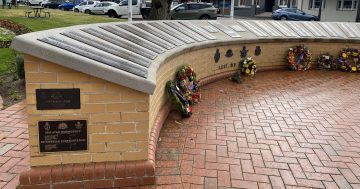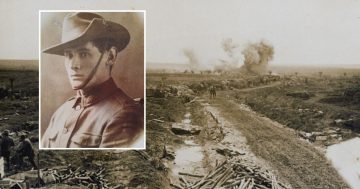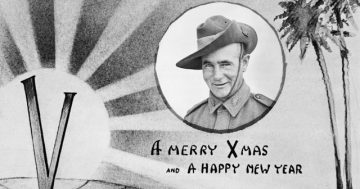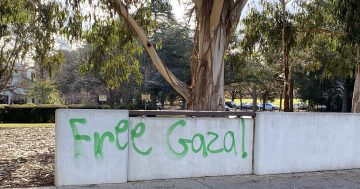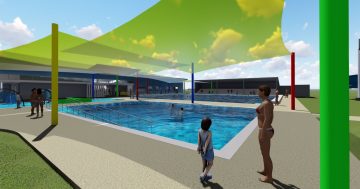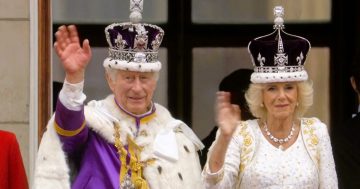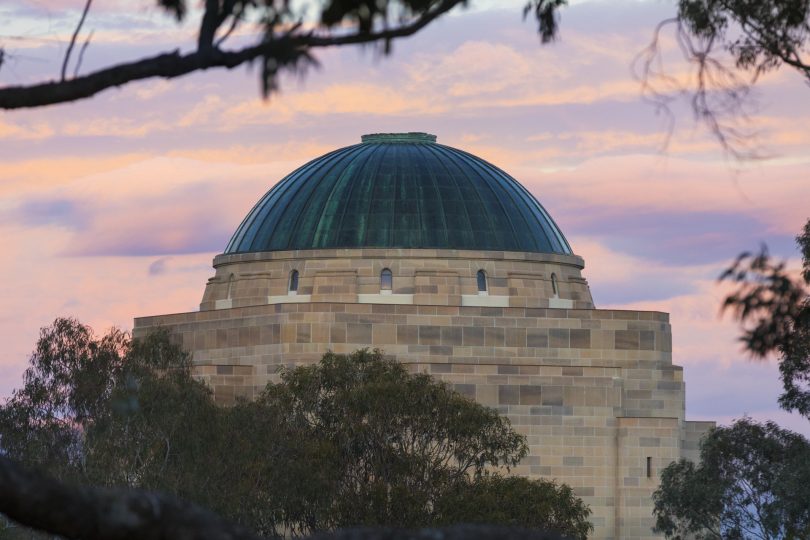
The Australian War Memorial’s redevelopment plans continue to cause controversy. Photo: Michelle Kroll.
The Australian War Memorial has been accused of muzzling its volunteers after it was revealed they had been told they could be dumped if they commented negatively on the Memorial’s controversial half a billion dollar redevelopment plans.
In the email to volunteers, the Memorial reminds them that they should not publicly comment on the redevelopment, including on radio via talkback shows, in Letters to the Editor, on a link or discussion on social media such as Facebook or Twitter, or even ‘liking’ someone else’s comment.
Telling them that “we are all public servants”, the Memorial warns volunteers that they could lose their role there if they breach what it says are confidentiality conditions in their Volunteer Agreement.
”This doesn’t mean that we all can’t have our own opinions on the Memorial development or other aspects of government policy. However, as employees and volunteers of the APS [Australian Public Service] in this day and age, we must not be seen to be, or heard to be, making negative comments in the public sphere, no matter about our own private opinions,” the email says.
One volunteer, who did not want to be named, said the email made him hopping mad and made a mockery of the ”We are young and free” sign that greets visitors as they drive in.
UNSW ADFA’s Professor Peter Stanley, a former principal historian at the Memorial, said the email was contemptible and the lowest act that the Memorial could have perpetrated.
”It strikes me as an affront to Australians that the institution that celebrates the Australian defence of democracy should muzzle its own volunteers,” he said.
“What’s the Memorial afraid off? Is it frightened that these people are going to see that their plans are misguided?
”I am ashamed that a place that I served for so long should treat people with such lack of respect.”
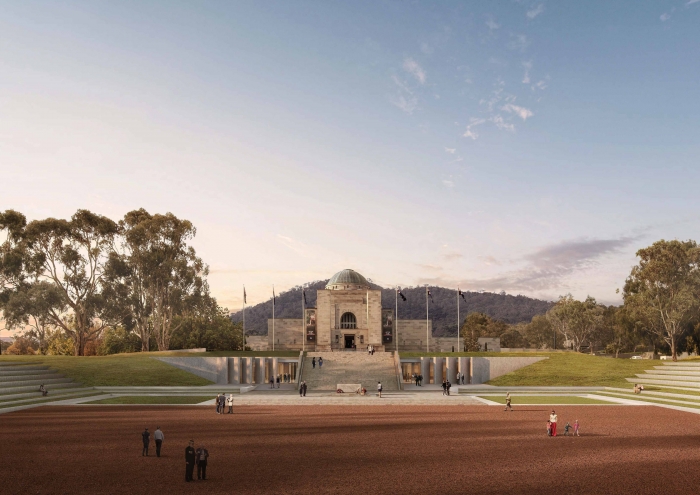
A depiction of the redeveloped War Memorial with parade ground and new southern entrance. Photo: AWM.
Professor Stanley said one of the nation’s most cherished institutions was intimidating people it did not pay but who gave up their time for the Memorial.
He said the email showed the Memorial was getting nervous about the redevelopment, which had attracted fierce criticism from a broad spectrum of notable Australians, many of whom made submissions and gave evidence to the recent parliamentary inquiry.
Professor Stanley said the Memorial’s own testimony compared with the quality of the opposing views exposed the weakness of its case.
”I think they thought they could just slip this one through,” he said.
The project has come under fire for its cost, the proposed demolition of Anzac Hall, and plans to house large pieces of military hardware such as aircraft.
Former senior public servant Paddy Gourley, who was involved in the preparation of the first guidelines on public comment by public servants, said the Memorial’s ban was an outrageous imposition and volunteers should not be treated in the same way as staff.
“These volunteers are in quite a different position. They don’t have the same loyalty to the place that staff do, and it is entirely unreasonable for the Memorial to consider them as staff,” he said.
”Frankly, I think it’s a real slap in the face for the volunteers. Trying to put some kind of public comment muzzle on them over these extensions is outrageous.”
He could not see any reason why these volunteers should be inhibited from making any comment on the Memorial redevelopment or any other matter about the War Memorial.
”It’s not a matter of the volunteers being disloyal to the War Memorial. I think the War Memorial is being disloyal to them,” Mr Gourley said
It was completely unwarranted in the ways which the system has traditionally treated public comment by officials, he said.
”It’s worse than unnecessary, it’s way over the odds,” he said.
The Memorial was approached for comment but did not respond.
But AWM Director Matt Anderson attempted to calm the waters on ABC Radio this morning, saying he had told volunteers that the Memorial was not going to tell them what to say or think.
”The annual volunteer agreement doesn’t in any way preclude them from having views or sharing them but, just when they do so, not to identify themselves as a spokesperson for the Australian War Memorial,” he said.
But he said they would be expected to keep their view on the redevelopment to themselves while on the grounds of the Memorial performing their roles.
Mr Anderson said the volunteers were the heart and soul of the Memorial and conceded he would have worded the email, which he said he had not seen before it was sent, differently.
Original Article published by Ian Bushnell on The RiotACT.







